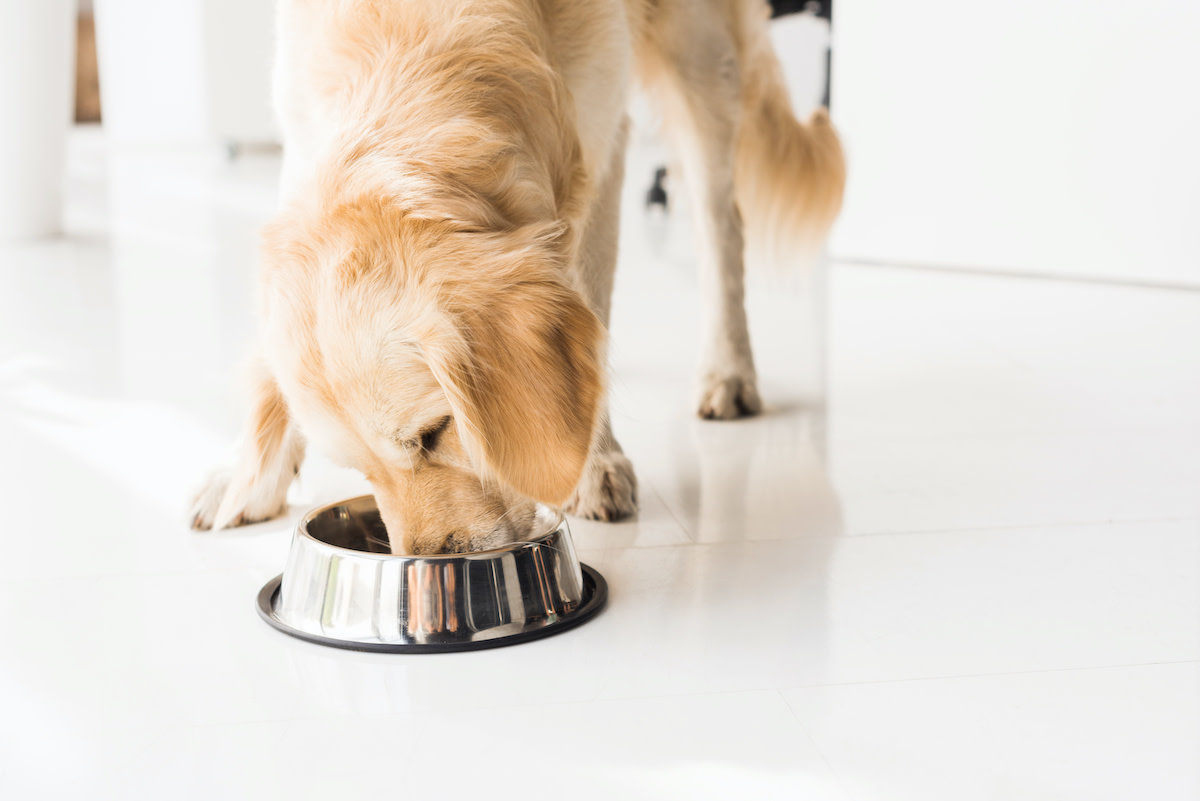Can Dogs Eat Kiwi? Pros and Cons of Kiwi for Dogs
Written by MasterClass
Last updated: Mar 22, 2022 • 3 min read
If you’re a pet owner wondering whether dogs can eat kiwi, the answer is yes, although there are pros and cons to feeding your pup kiwi. Read on to learn the benefits and potential health risks associated with kiwifruits.
Learn From the Best
Can Dogs Eat Kiwi?
The kiwi, or kiwifruit or Chinese gooseberry, is relatively safe for canine consumption, although there are points of consideration. The frequency of consumption and your pet’s unique dietary requirements factor into whether or not kiwi is good for your dog.
If you choose to feed a kiwi fruit to your pet, it should be a rare treat so your dog can benefit from the fruit’s nutrients and vitamins. Incorporating kiwi into your dog’s diet too often or feeding it in large quantities can lead to several negative outcomes, including constipation and obesity. It’s advisable to weigh the pros and cons of kiwi and other fruits before feeding them to your dog.
3 Beneficial Inclusions in Kiwis for Dogs
Consider these nutritional benefits your dog can gain from occasionally enjoying kiwi as a treat:
- 1. Antioxidants: Kiwi contains high levels of beta carotene, folate, and lutein. These antioxidants protect dogs' cells from free radicals and boost their immune systems to fight infections.
- 2. Essential vitamins and minerals: Kiwis contain nutrients that are beneficial to both humans and dogs, such as vitamin A, vitamin C, vitamin E, and vitamin K. These nutrients are important for healthy skin and circulatory systems, among others. Additionally, kiwis contain minerals like potassium and calcium. These organic compounds improve muscle growth and maintain dogs’ bone strength and bone density.
- 3. Fiber: Kiwi has a high fiber content in comparison to other fruits. Insoluble fiber can help regulate your dog's digestive system. Kiwi also contains actinidin, a digestive enzyme that helps dogs break down protein and nutrients in the animal’s regular dog food or kibble.
3 Health Risks That Kiwis Pose for Dogs
Chopping kiwi into small pieces or limiting servings to the occasional treat does not automatically make kiwi safe for dogs. Several health issues can arise if your dog is allergic to kiwi or consumes too many calories from high-sugar fruits. Here are three risks of feeding kiwi to your dog:
- 1. Choking: Large chunks of kiwi can pose a choking risk to small dogs with narrow throats. Cut a kiwi into small bite-size pieces before feeding it to your dog. Smaller portions can also help dogs with sensitive stomachs break down the fruit for easier digestion.
- 2. Constipation: Kiwi skin can cause intestinal blockage or constipation in dogs. This can be an uncomfortable condition for your pet, making the passing of solid waste difficult. If the blockage does not improve or you leave it untreated, it can lead to adverse health conditions like obstipation (impaction of the colon) and megacolon (a dilation of the colon).
- 3. Obesity: Avoid feeding your dog kiwi regularly since excessive sugar and calories can lead to weight gain and several health concerns connected to obesity. Excess fat can also put a strain on your dog's hips and joints, leading to potential mobility issues and a lower quality of life.
How to Introduce Kiwi Into a Dog’s Diet
Follow these guidelines any time you give a piece of kiwi or other human food to your dog:
- Introduce small amounts. Begin feeding kiwi to your dog in small quantities—this allows your pet’s gastrointestinal system to adapt to new nutrients and ingredients gradually. Drastic changes to a dog's regular diet can shock their system and damage their digestive tract. Although the fleshy fruit of kiwi is edible, kiwi seeds and kiwi skin can be toxic to dogs if they ingest them in large quantities.
- Monitor your dog for an allergic reaction. Check your pet for signs of food allergies after you introduce a new food. Common side effects of allergies include swelling, difficulty breathing, or gastrointestinal issues. If your dog shows signs of a kiwi allergy, refrain from feeding them related fruits, including bananas, avocados, and watermelons.
- Watch for signs of upset stomach or constipation. A loss of appetite, vomiting, and diarrhea are symptoms of adverse gastrointestinal responses to food or a treat. These symptoms will often go away on their own after several hours; however, if they persist for more than one to two days, seek a veterinarian’s help as soon as possible.
Before Sharing With Your Pooch
Certain human foods can cause adverse reactions in canines, so always consult your veterinarian to determine whether it is safe to add these foods to your pet’s diet. This article is for educational and informational purposes and is not a substitute for medical or dietary advice.
Want to Learn More About Training the Goodest Boy or Girl?
Your dream of having a dog who understands words like “sit,” “stay,” “down,” and—crucially— “no” is just a MasterClass Annual Membership away. The only things you’ll need to train up a well-behaved pup are your laptop, a big bag of treats, and our exclusive instructional videos from superstar animal trainer Brandon McMillan.
